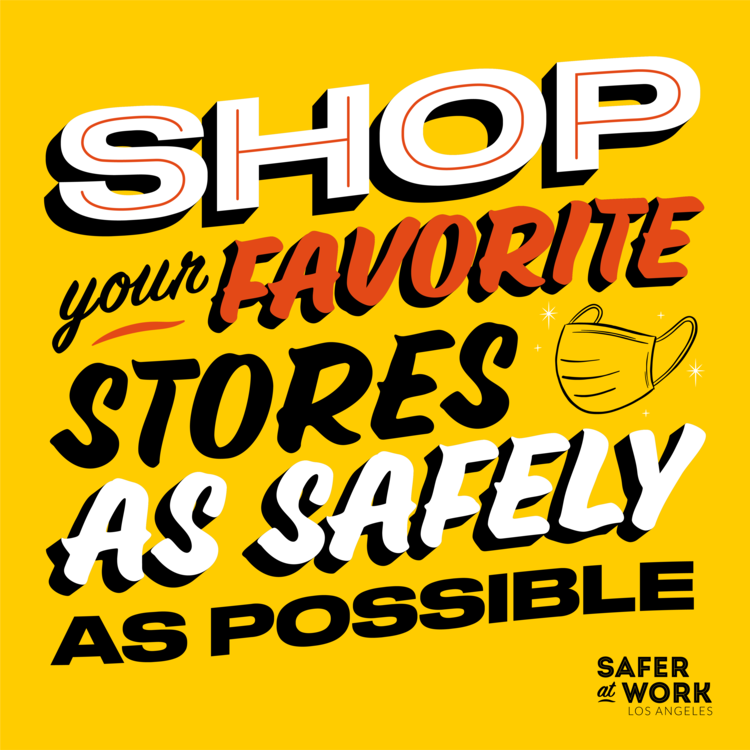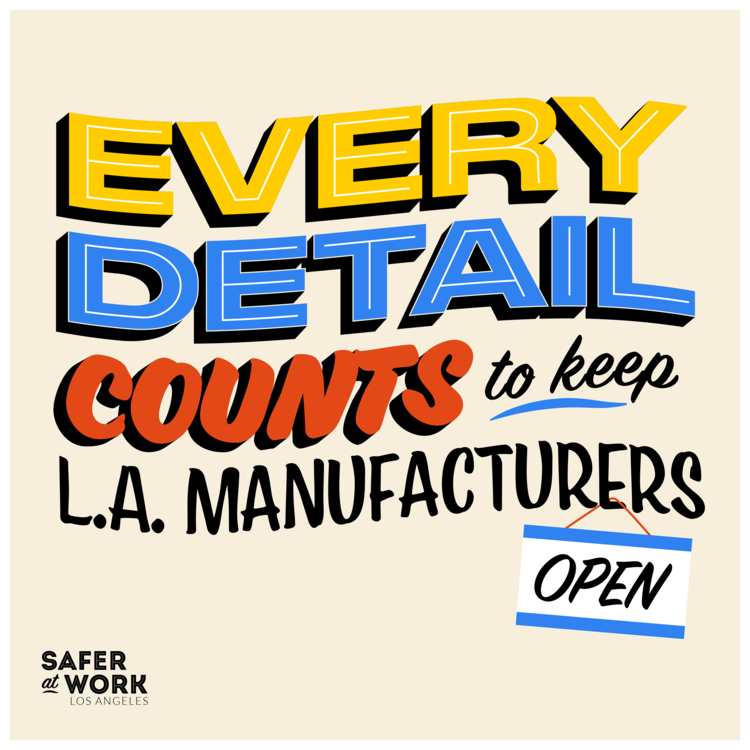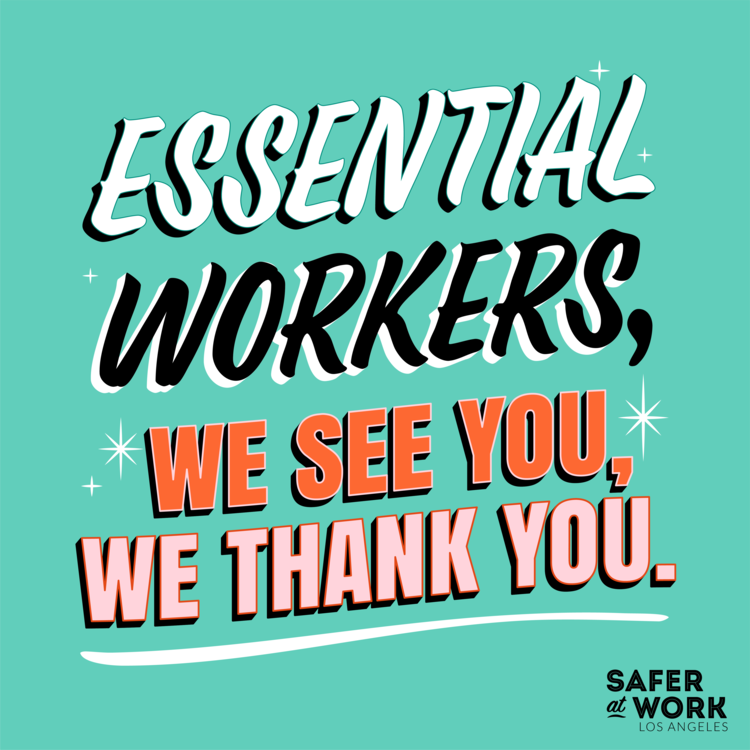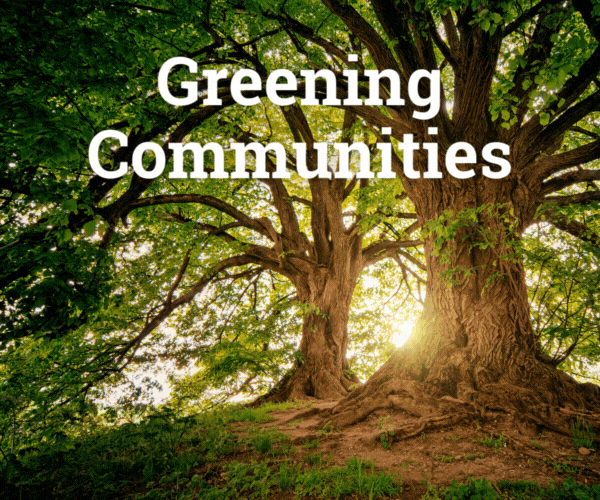Safer At Work Los Angeles (saferatwork.la), working with partners such as PPE Unite, have provided basic support, such as personal protective equipment for employees, test kits, vaccinations, and in-language information, that have helped businesses meet the challenges of the pandemic, stay open and protect workers and the public.
In the 18 months since PPE Unite began, it’s saved small business owners an estimated $11 million in expenses so far, with no plans to slow down. It’s one of the U.S.’s largest COVID programs dedicated to small business needs.
At a press briefing organized by the county’s Safer At Work LA program and Ethnic Media Services on March 16, Kelly LoBianco, county Economic and Workforce Development director, was joined by three small business owners and Jay Tsao and Tova Mac, themselves small business proprietors and, in late 2020, co-founders of the nonprofit PPE Unite.
They noted the ongoing need for business support.
“Our smallest businesses are the life source of our communities and also have been hardest hit by the pandemic and have a harder time accessing some of the information and resources they need to stay afloat,” LoBianco said.
“We’re in a very very temporary lull here,” Mac said. “The goal is to build economic recovery, but as the masks go off for customers, we want to ensure that the workers stay safe.”



“So that’s what our mission is here, to continually provide resources to stay safe at work, but also ask, ‘What else do you need?’”
Not even two years ago, in the early months of the pandemic, 700,000 Angelenos lost their jobs and thousands of businesses struggled to stay open or simply closed.
In a county of 10 million people, Tsao said, PPE Unite provided 50 million-plus units of PPE, protecting more than a million workers.
Those small business clients, Tsao said, are 61% minority-owned, 40% women-owned and 65% are micro-businesses — having fewer than than 10 employees.
But, he said, “our efforts now transcend just providing PPE to really listening to the community and helping provide additional health and business resources and access, which is super-important.”
PPE Unite also hosts pop-up events to further establish ties to Los Angeles’ diverse communities.
At one, in Arcadia, Tsao said, more than a million units of PPE were distributed, mostly to Asian American owned businesses. Supervisor Judy Chiu, Tsao noted, has been especially supportive, and PPE Unite has produced informational material in Korean, Japanese, Chinese and Vietnamese, along with English and Spanish.
Given their background advising small businesses, she said, it became clear to her and Tsao early in the pandemic that having access to PPE would be critical for small businesses to stay safe and open. The current push, she said, is for testing kits to free up the time that appointments take.
Contributions to PPE Unite’s work by partnerships with private donors and the state of California have spared the county much of the costs, she said. She pegged the value of the PPE distributed so far at $100 million.
“This program has helped my business tremendously,” said restaurateur Miguel Alfaro, who had the misfortune to open Mi Lindo Guanajuato just two weeks before COVID shutdown orders took effect.
He had to close down for two months and his staff weathered successive COVID infections, but he managed to persevere, with help and support — financial, coping strategies and marketing — from friends, a nonprofit, and the city and county.
PPE Unite’s help came “right when we needed it,” recalled Sandra Vasquez, office manager of Legacy Tree Care, who remembered how hard it had been to find PPE or tests in sufficient quantity. “It was becoming impossible,” she said.
Edy Valdivia, of Earthy Corazon, concurred about the value of being provided tests she could administer on-site, rather than having to take time away from work to keep a hard-to-get appointment.
Businesses can request PPE Unite’s help through ppeunite.org, or by calling (833) 773-8648, which has bilingual (Spanish and English) staffing. The organization typically provides a month’s supply of personal protective equipment per employee.
“We know that there are other variants on the way,” LoBianco said. “It’s still a very dangerous time.”
“Our work here is to not only manage an emergency, but to ensure a collective recovery and an equitable recovery. All of our interventions focus on communities hardest hit by COVID and under-represented or underserved.”




